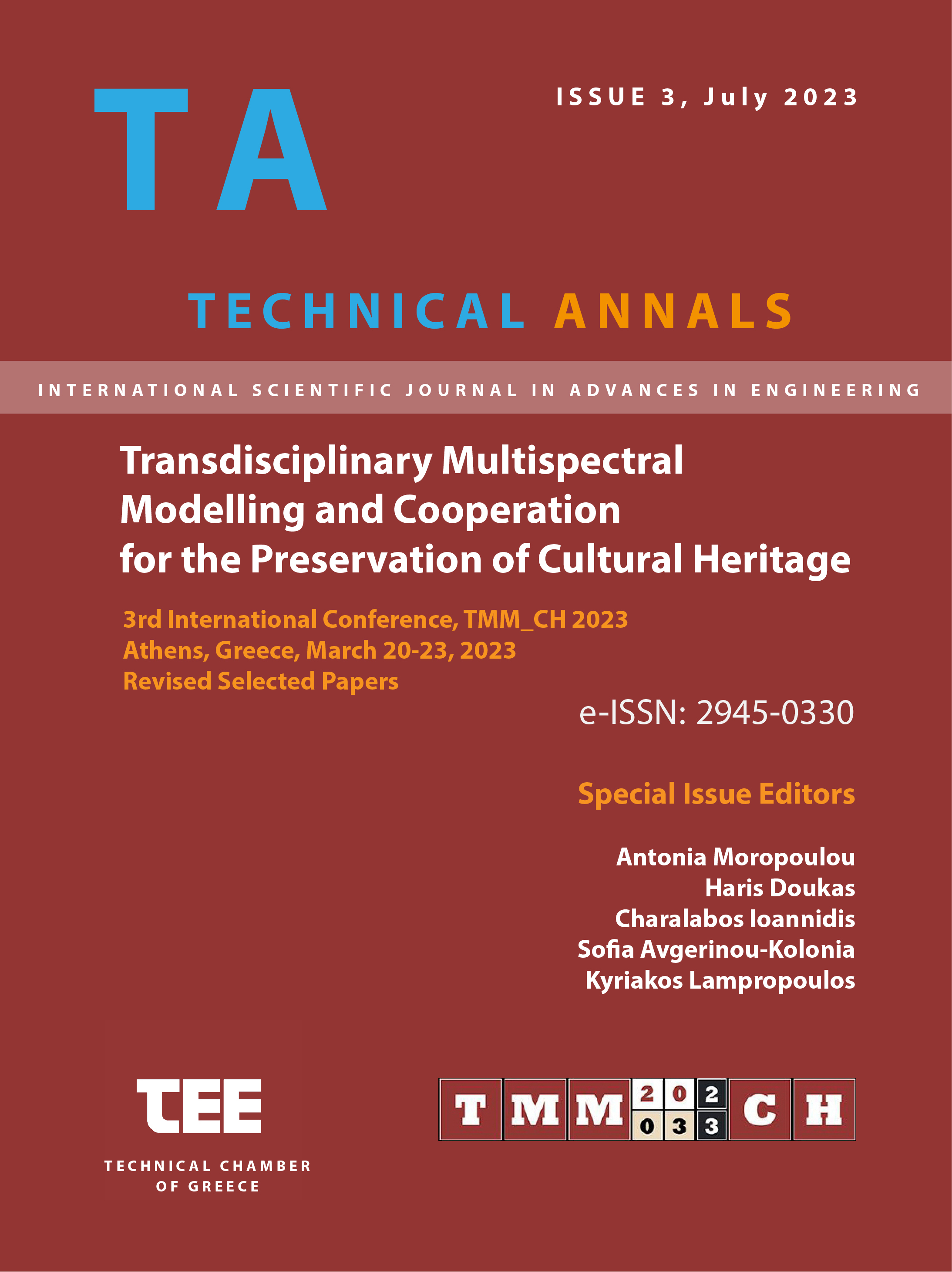The need to safeguard cultural heritage against climate change

Abstract
The biggest challenges of our time are climate change and the preservation of cultural heritage. In the Albanian context, promoting innovative ways and incentives for the traceability of cultural heritage is seen as a solution to regenerate new insights to support and safeguard culture. The aim of the paper is to assess the threats posed by climate change and other risks in order to prevent deterioration, enhance protection and reinforce related policies. The interdisciplinary research presents different aspects of securing sustainable development through culture and cultural heritage. The findings indicate good practices and innovative measures for the protection or Albanian cultural heritage in relation with climate change. Moreover, the discussion is placed within the role of local and policy-making processes in validating and promoting solution for the effective resilience of cultural heritage against climate change through this multidisciplinary research.
Article Details
- How to Cite
-
Sulaj, A., Kadiu, B., & Terpollari, A. (2023). The need to safeguard cultural heritage against climate change. Technical Annals, 1(3). https://doi.org/10.12681/ta.34857
- Section
- Cultural Heritage

This work is licensed under a Creative Commons Attribution-NonCommercial-ShareAlike 4.0 International License.


